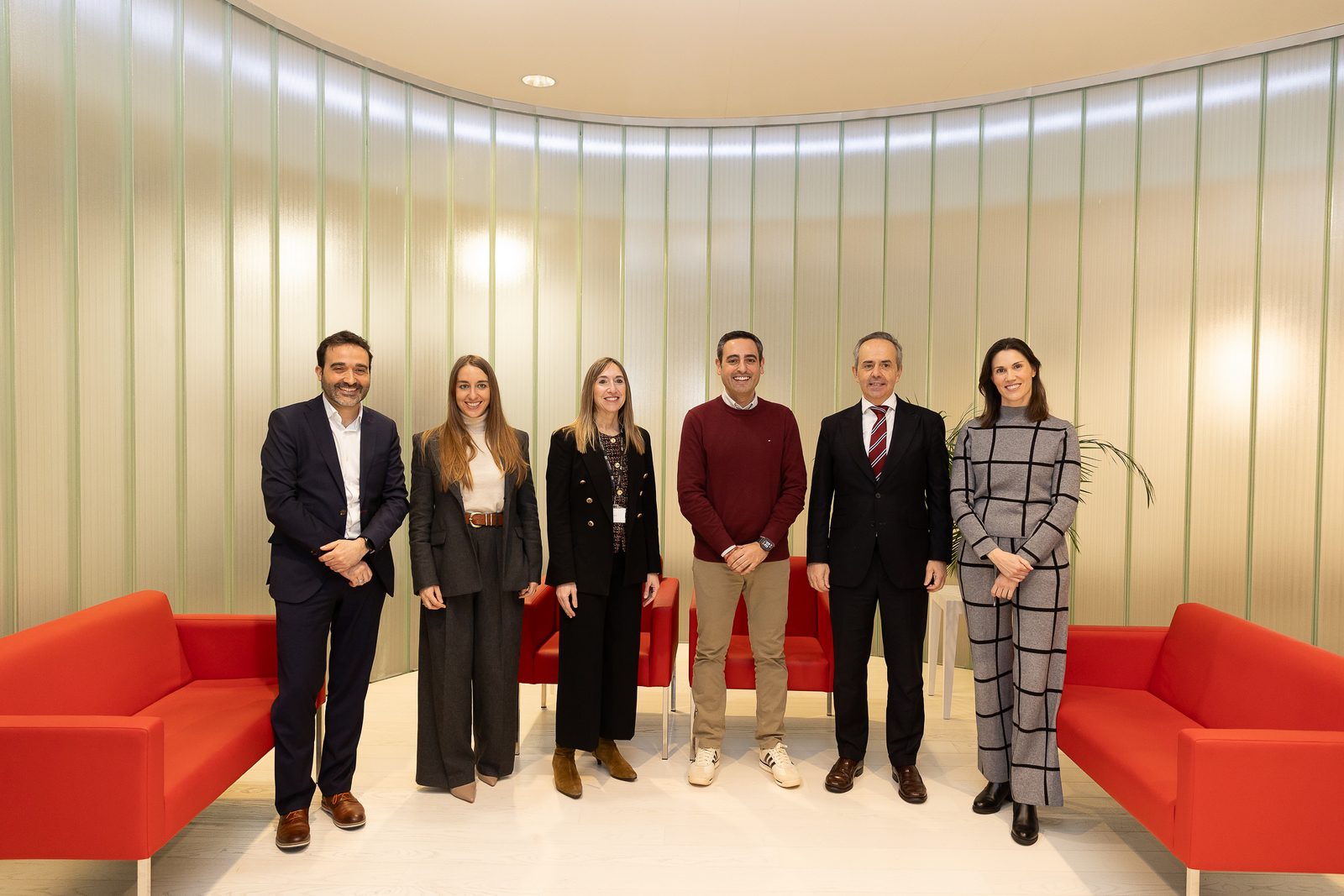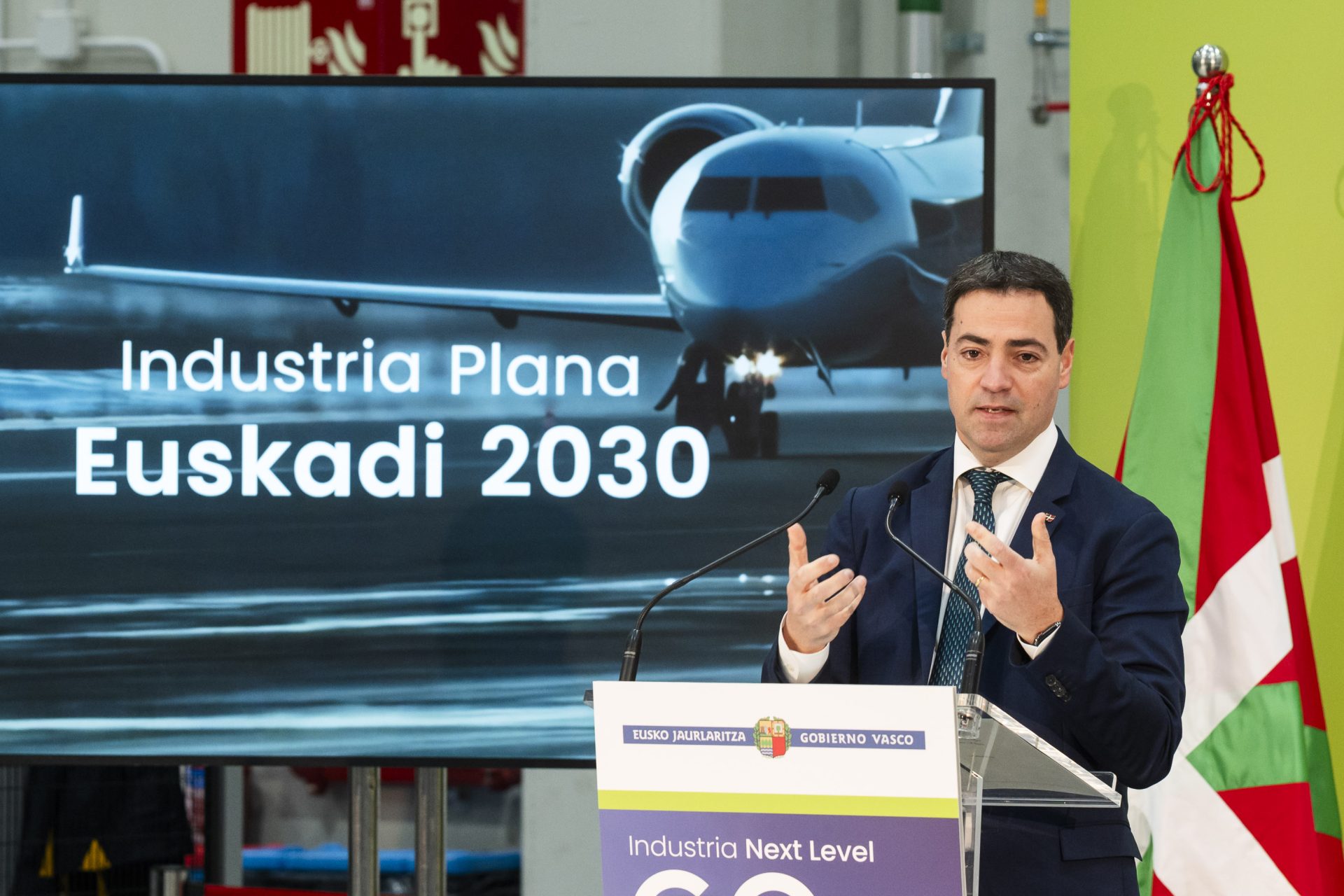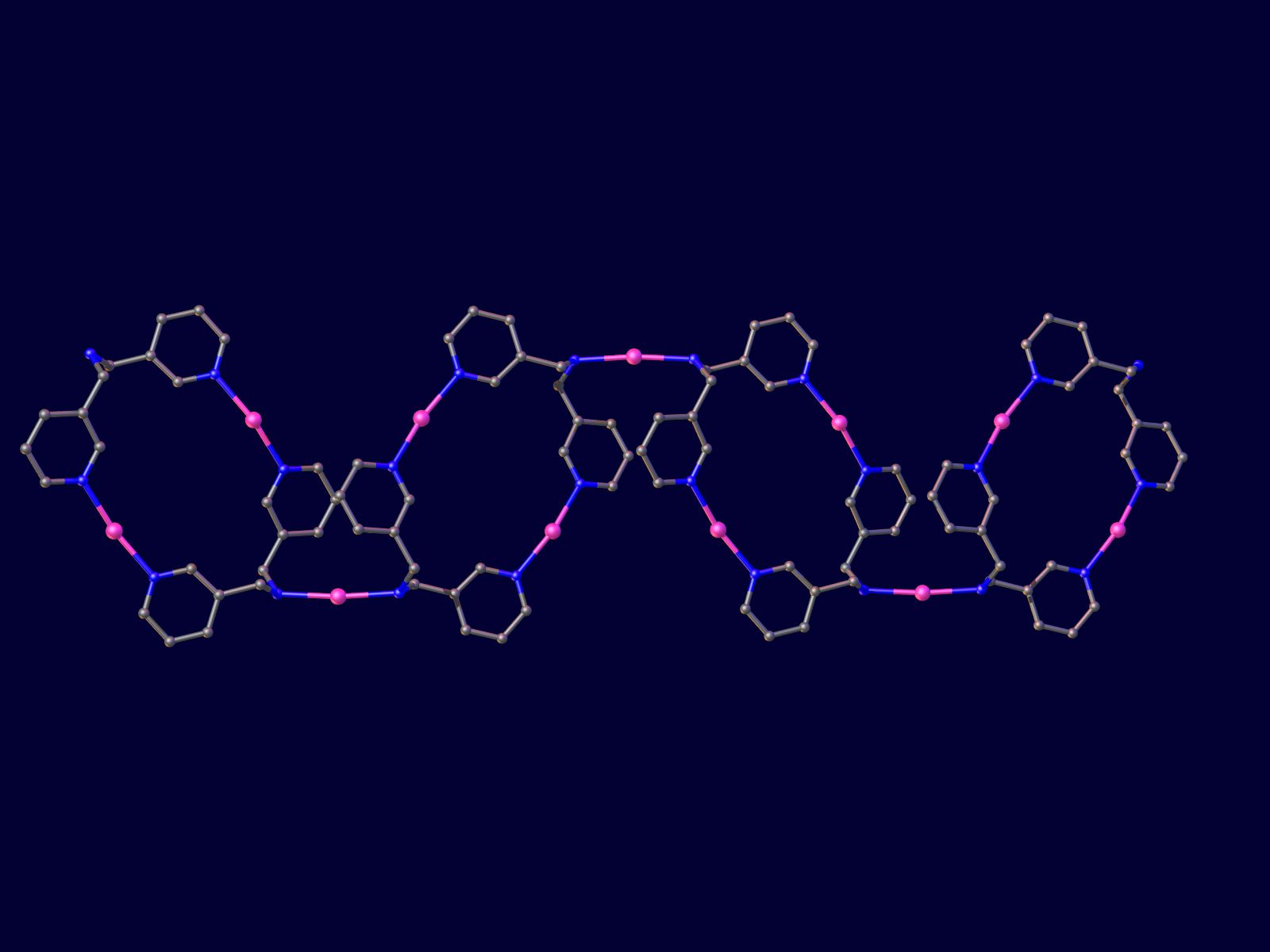Basque food industry charts its roadmap towards decarbonisation and healthy ageing with the design of new strategic projects

The studies carried out lay the foundations for assessing the environmental impact of the sector and developing new functional solutions that improve the quality of life of older people.
BASQUE FOOD CLUSTER, in collaboration with research centres, healthcare providers and companies in the Basque food chain, has successfully completed the FOODATEUS and FOODICINE projects, two strategic initiatives funded by the Basque Government and part of the Euskadi 2030 Science, Technology and Innovation Plan (PCTI). Both projects have generated key knowledge that has already been translated into the design of new strategic projects aimed at improving the environmental sustainability of agri-food companies and developing products linked to health and active ageing, consolidating the sector’s commitment to a greener and more inclusive Basque Country.
FOODATEUS: implementation of Best Available Techniques for the advancement of decarbonisation in the Basque food chain, based on life cycle analysis and local data
FOODATEUS has addressed one of the main limitations to advancing decarbonisation in the agri-food chain: the lack of local data for assessing the environmental impact of products. Currently, Basque companies must resort to European databases that do not adequately reflect the geographical, technological and temporal characteristics of the Basque Country’s production systems. This lack of adaptation reduces the accuracy of the analyses and can lead to action plans that are poorly suited to the local reality.
The consortium responsible for the project, formed by BASQUE FOOD CLUSTER together with the AZTI research centre and the Basque Institute for Agricultural Research and Development NEIKER, in collaboration with the EROSKI Group, has carried out a detailed analysis of these limitations and studied the key agri-food value chains in the Basque Country. As a result of this work, an inventory of Best Available Techniques (BAT) specific to the Basque sector has been drawn up, aimed at reducing impacts, improving efficiency and strengthening climate resilience.
The main outcome is the design of a new project that aims to develop the first regionalised Life Cycle Assessment (LCA) database for the Basque agri-food sector. This milestone will enable more accurate environmental measurement and actions that are better aligned with local sustainability policies.
FOODICINE: new horizons for innovation in food and health
For its part, FOODICINE has carried out an exhaustive analysis of the functional food ecosystem from a scientific, legal and market perspective. Within the framework of this project — developed by BASQUE FOOD CLUSTER, the applied research and technological development centre TECNALIA and the Bioaraba health research institute — functional ingredients available on the market such as probiotics, polyphenols, dietary fibres, natural extracts and highly bioavailable proteins have been studied, and their suitability for product categories with high potential for incorporation, such as dairy products, bread and milling, snacks and ready meals, among others, has been evaluated.
With the support of a sectoral working group with Basque food companies, priority products to be developed and associated technological challenges have been identified. This knowledge has laid the scientific foundations for formulating food solutions aimed at healthy ageing and strengthening cognitive, digestive and metabolic functions.
As a main result, two new strategic projects have been designed and presented to the Basque Government’s Elkartek (collaborative research grants) and Hazitek (business R&D support) programmes. In addition, it has been decided to keep the Food and Health Working Group active, which will continue to monitor trends and promote collaborative innovation in this area.
The completion of FOODATEUS and FOODICINE does not represent an end point, but rather the beginning of a new stage based on the knowledge generated. Both projects have laid the foundations for new solutions that respond to two major challenges in the food sector: reducing environmental impact and promoting healthy ageing in the population.




